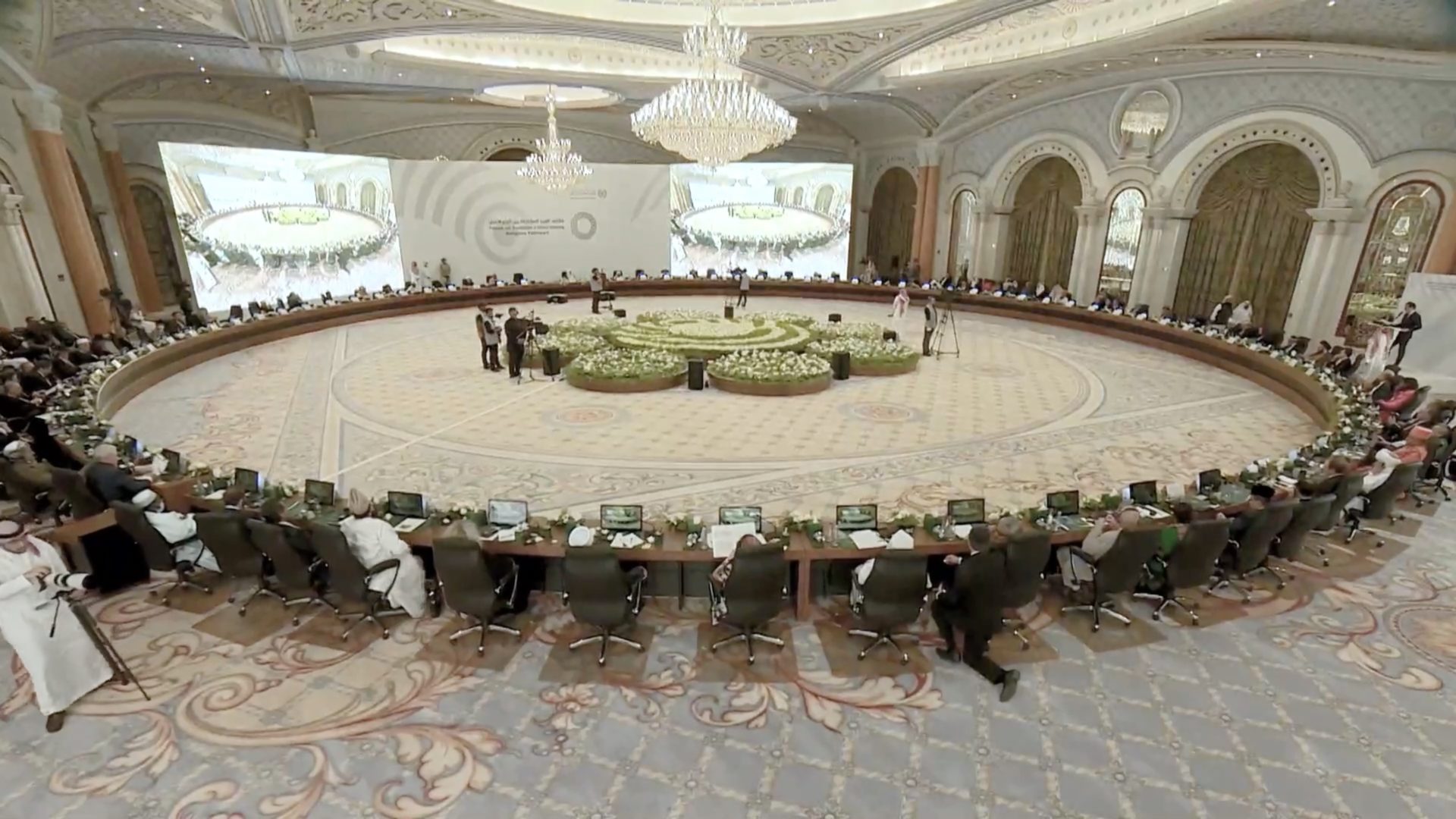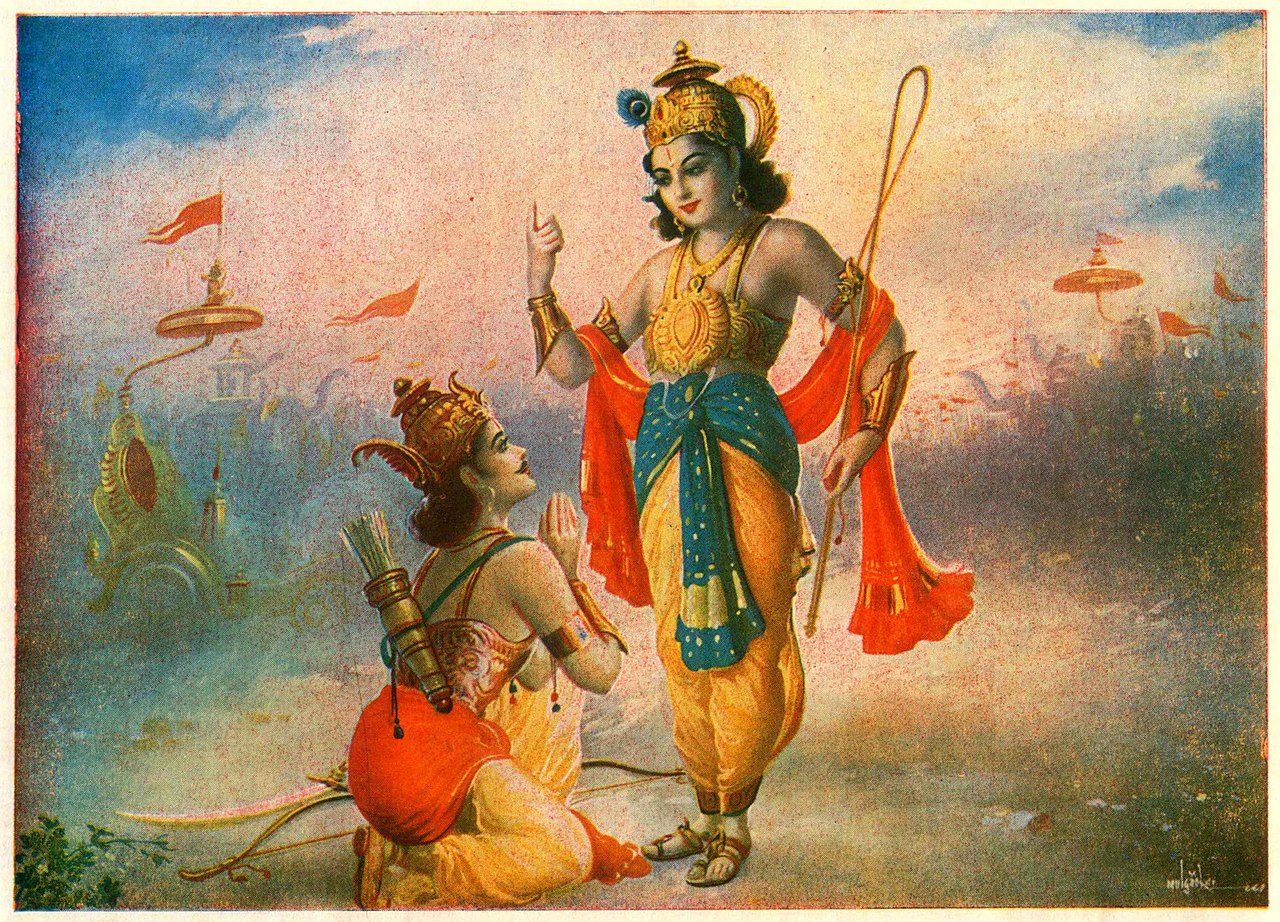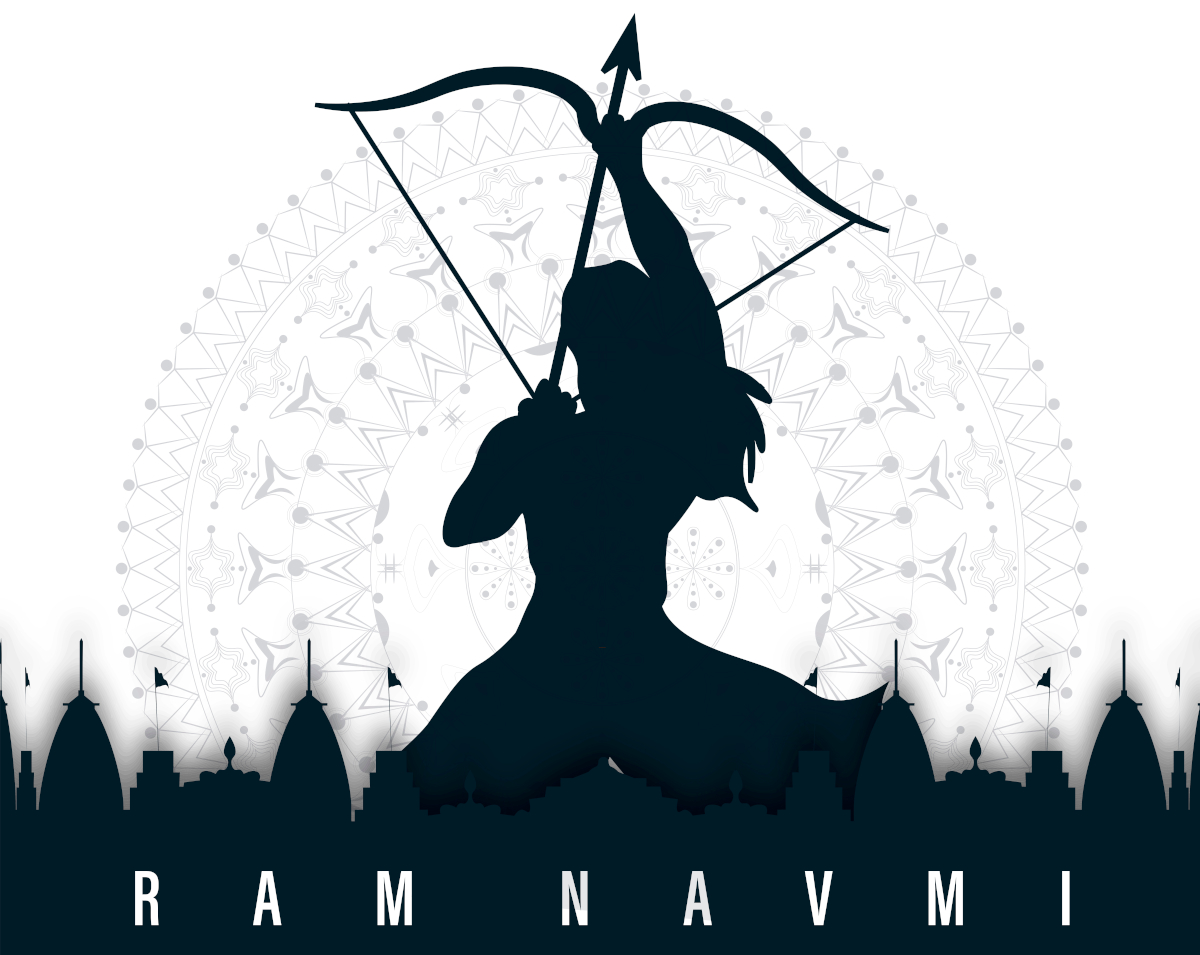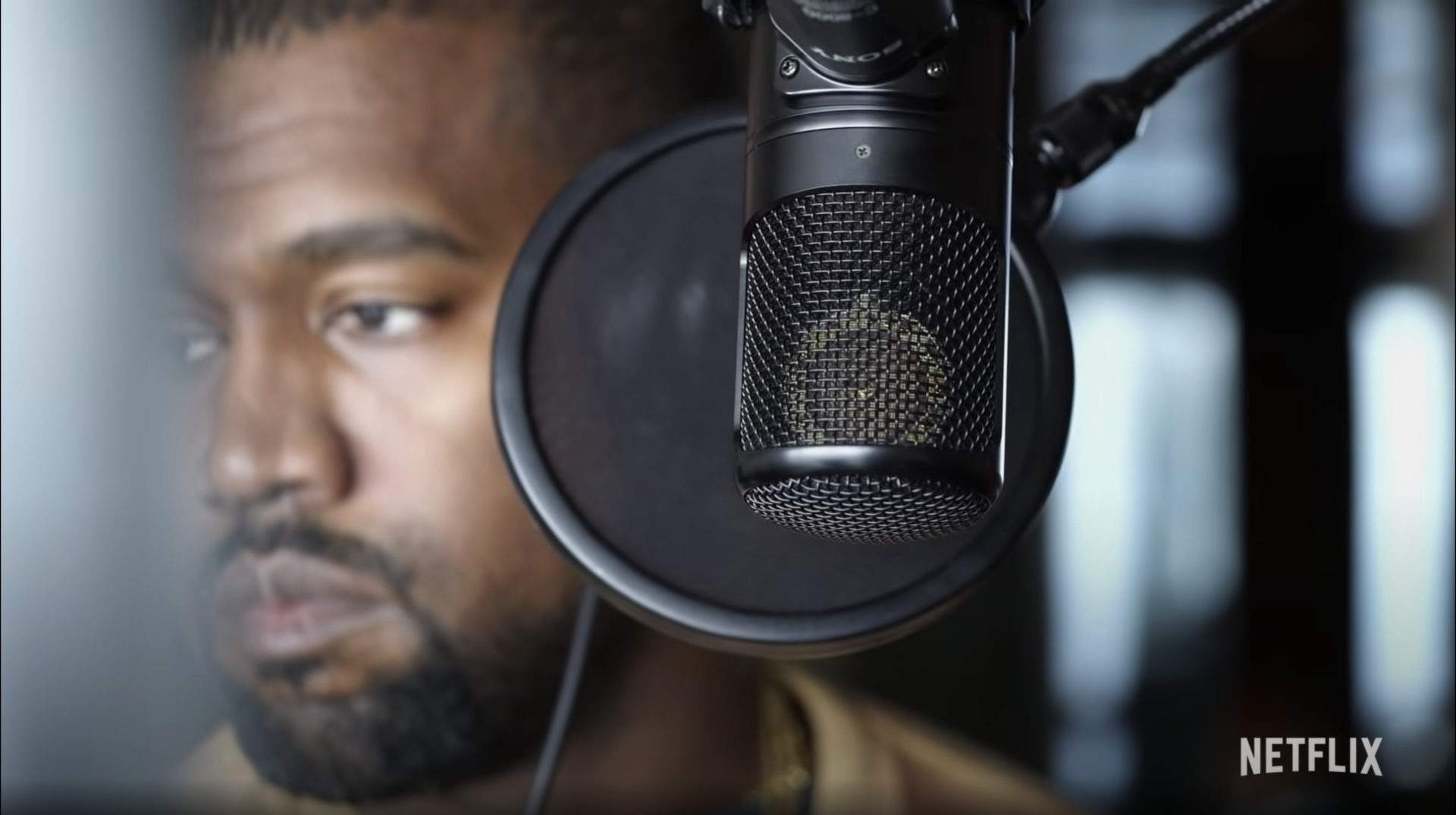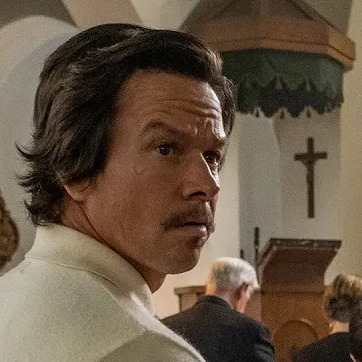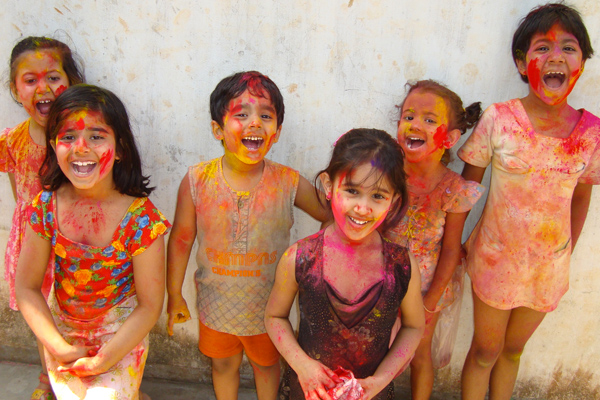
Hindus prepare for Raksha Bandhan, annual celebration of brother-sister love
- By Alison Lesley --
- 09 Aug 2014 --

Throughout India, Hindus are preparing to celebrate the annual festival of Raksha Bandhan, a commemoration of the duty and love that exists between brothers and sisters.
Raksha Bandhan means “Knot of Protection,” and the festival ceremonies include the sister tying a rakhi bracelet around her brother's wrist, which symbolizes the sister's love and the brother's lifelong duty to protect his sibling. The festival is often simply referred to as “Rakhi” after the name of this ceremonial bracelet.
Saturday, the President of India, Pranab Mukherjee, and the Prime Minister of India, Narendra Modi, issued a greeting for tomorrow’s celebration, focusing on women: “May the festival be an occasion for re-dedication to the well being of women, particularly the girl child.”
Raksha Bandhan is an ancient celebration and its history is inter-woven with various stories and myths. One story tells the tale of Mughal emperor Humayun and widowed queen Rani Karnavati of Chittor. In the 16th century AD, Sultan Bahadur Shah of Gujarat rode with a conquering army into Chittor, prompting Rani Karnavati to sent a rakhi to Emperor Humayun in a request for help. Touched by her plea, the Mughal emperor rode to her defense but was too late, as the princess and all the other women of the fortress had committed suicide and the fortress had been captured. Humayun defeated and expelled Sultan Bahadur and placed Rani's son on the throne, and the rakhi subsequently became a symbol of brotherly protection.
Another legend even involves the West, invoking the figure of Alexander the Great. When Alexander invaded India in the 4th century BC, the story holds that his wife Roxana sent a rakhi to King Porus of Paurava. Roxana implored the king not to harm Alexander in battle, and Porus respected her request, staying a killing blow to Alexander on the battlefield while wearing the rakhi. Historically, the Greeks won the battle and Porus continued to rule Paurava in service to Alexander.
During the festival, participants wear fine Indian clothing and prepare many traditional Indian foods and snacks. During the rakhi ritual, the sister will first tie the bracelet around her brother's wrist, then bless him and pray over him. She will then feed him, usually with some sweets that have been prepared. The two will then hug and exchange gifts, thus ending the ritual. The brother will keep the rakhi and wear it for the rest of the day as a reminder of his duty to protect his sister.
Not only Hindus, but Sikhs, Jains, and even some Indian Muslims celebrate Raksha Bandhan as well. In recent decades, Raksha Bandhan has spread to other parts of South Asia, developing different regional and cultural variants and practices. For many, it has extended beyond the traditional brother-sister relationship and is used to celebrate the love of ones cousins or even very close friends. The festival takes place in the Hindu calendar month of Shraavana, and falls on August 10 this year.












